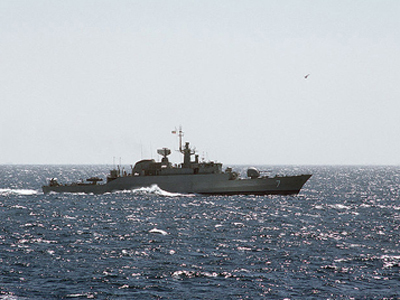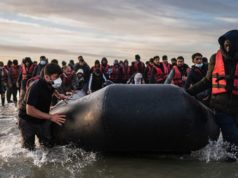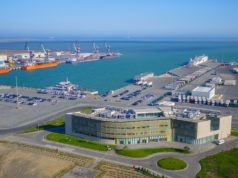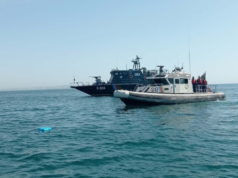South Korea will dispatch troops to the Strait of Hormuz by expanding operational areas of its anti-piracy unit deployed nearby to help protect its vessels passing through the strategic waterway, the defense ministry announced Tuesday, Trend reports citing Yonhap.
The forces, however, will not join a U.S.-led coalition, but conduct independent operations, the ministry noted, apparently in consideration of relations with Tehran and Washington’s request for contribution to its campaign to secure the waters off Iran.
“In consideration of the current situation in the Middle East, the government has decided to temporarily expand the Cheonghae Unit’s sphere of activity in order to guarantee safety of our people and the freedom of navigation of vessels,” the ministry said in a release.
The 300-strong Cheonghae Unit, which has been on an anti-piracy mission in the Gulf of Aden off Somalia, will broaden its mission areas into the Gulf of Oman, and further to the Persian Gulf, starting Tuesday, as the 31st batch of the rotational troops along with the 4,400-ton destroyer, the Wang Geon, is to assume the role in the day, according to the ministry.
While the Cheonghae Unit will act on its own, South Korea will also send two liaison officers affiliated with the Cheonghae Unit to the U.S.-led International Maritime Security Construct (IMSC) “for cooperation such as information sharing,” the ministry said. The IMSC is headquartered in Bahrain.
“Since May last year, when tensions began to heighten in the Middle East, we’ve been reviewing diverse options,” a senior defense ministry official said, adding that the government prioritizes the safety of South Korean people and vessels.
“We had consultations with the U.S. regarding the matter, and explained fully our stance and reasons for the decision to Iran,” he added.
As the world’s most important oil passageway and a choke point between the Arabian Gulf and the Gulf of Oman, the strait is the route to the open ocean for more than one-sixth of global oil production and 70 percent of South Korea’s oil imports.
Some 25,000 South Koreans reside in the Middle East, and around 170 South Korean ships sail through Hormuz about 900 times per year.







